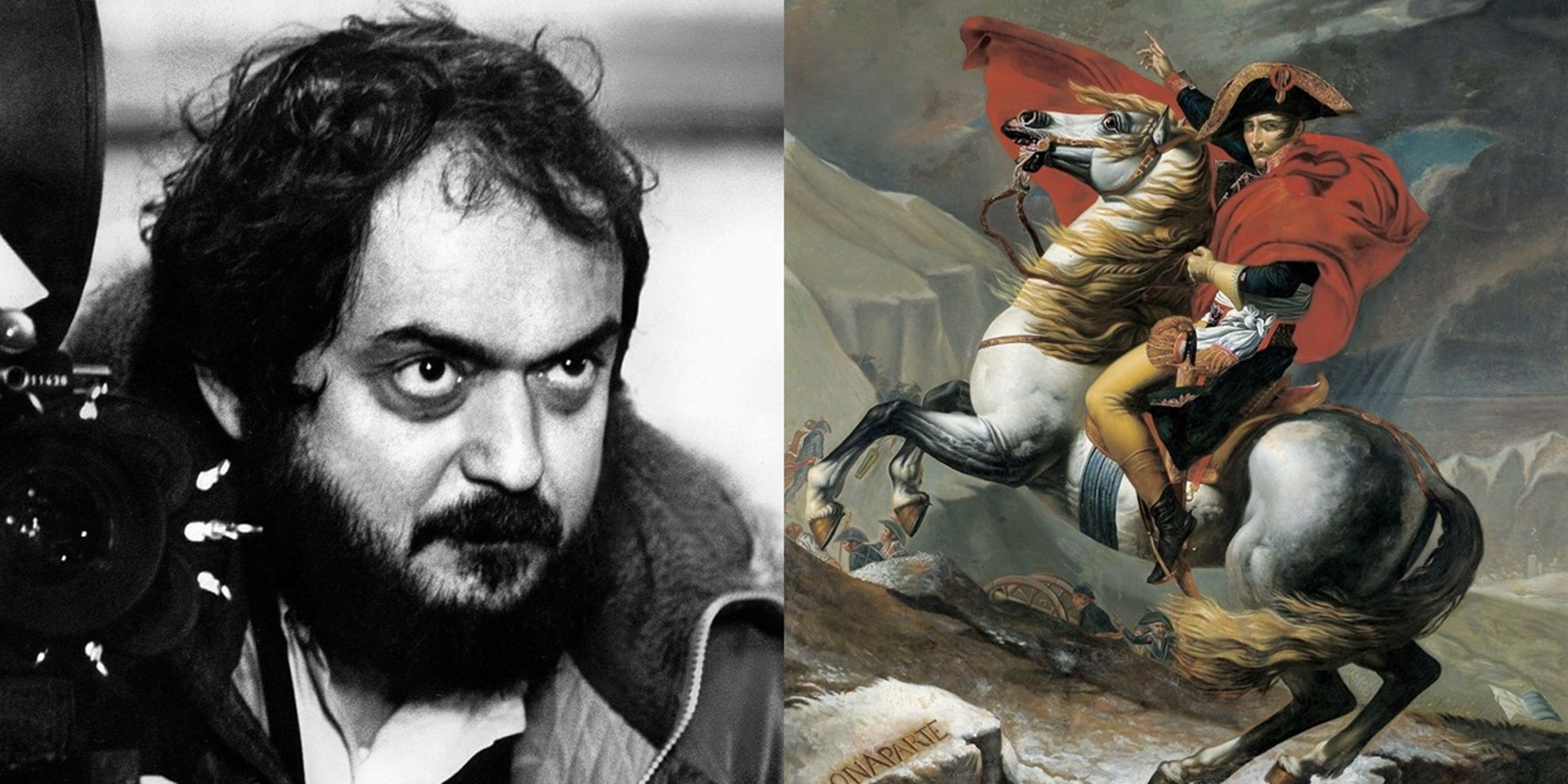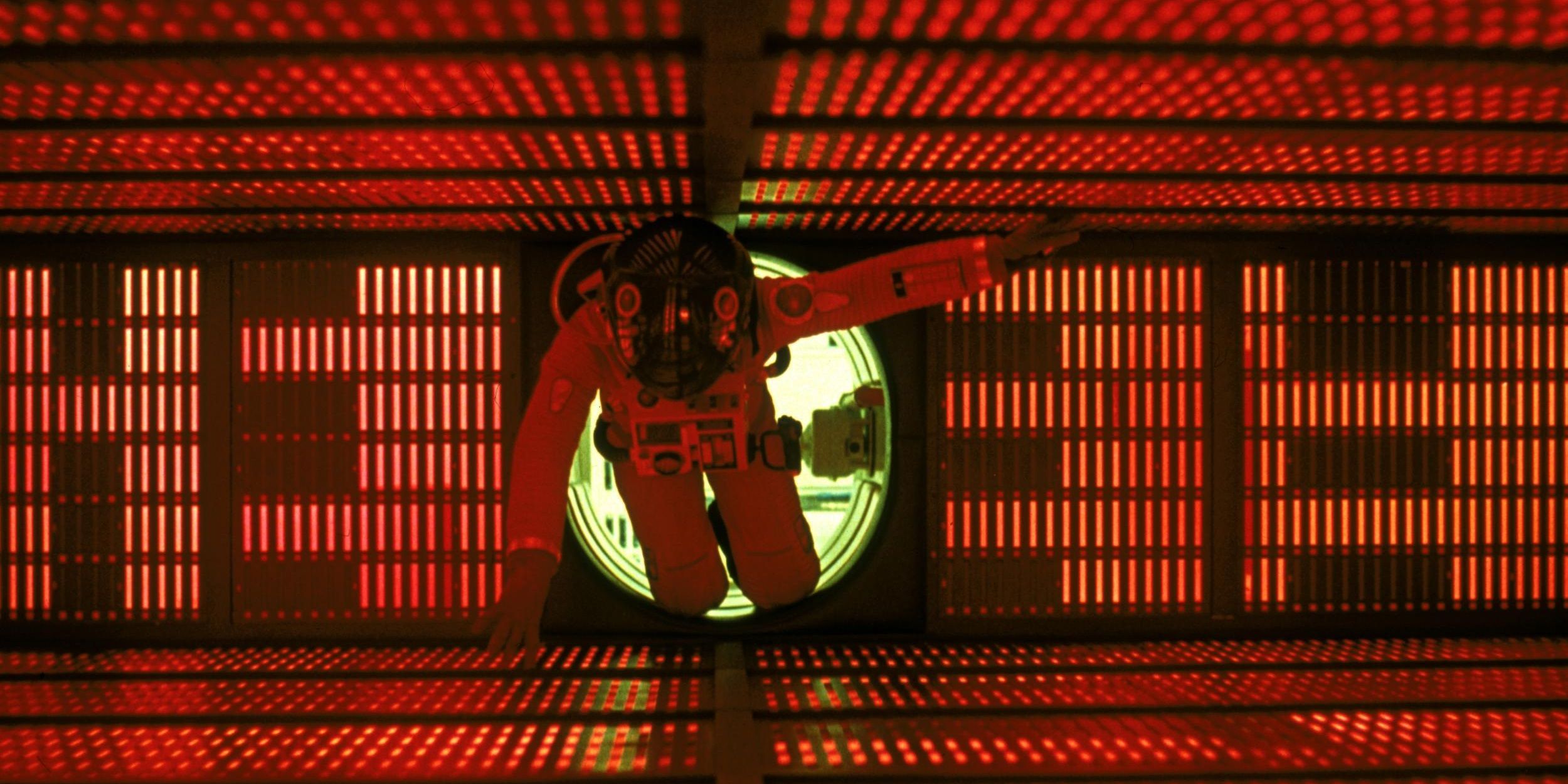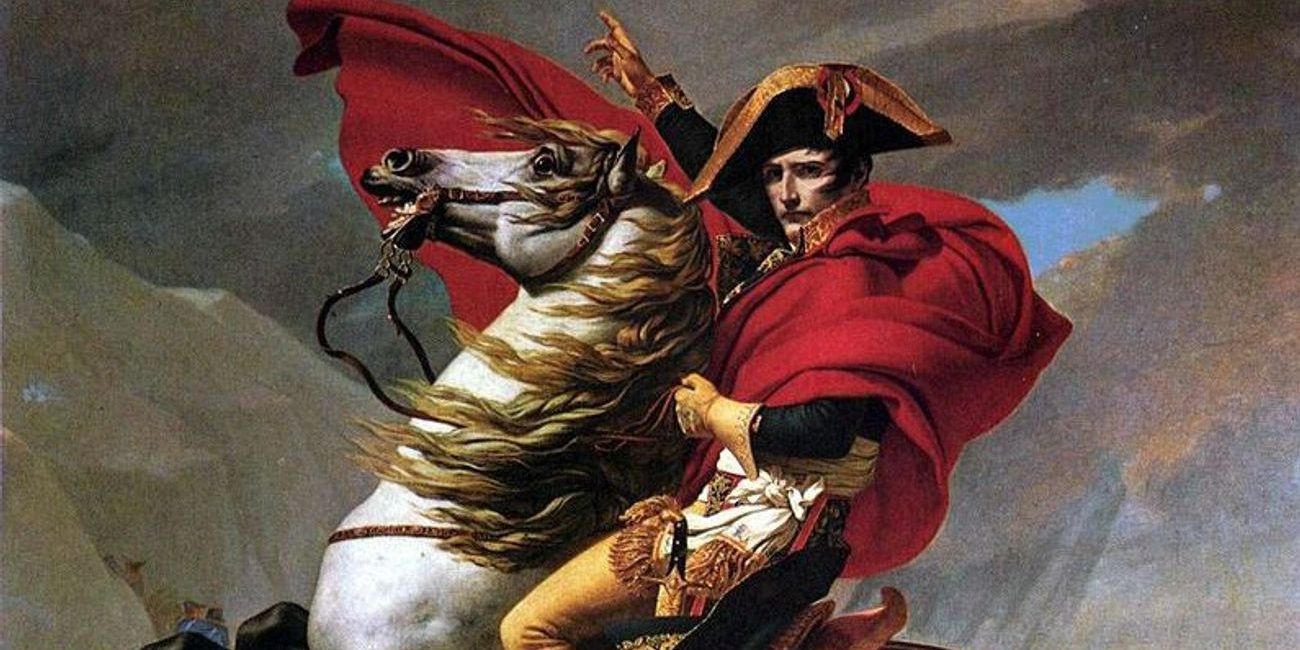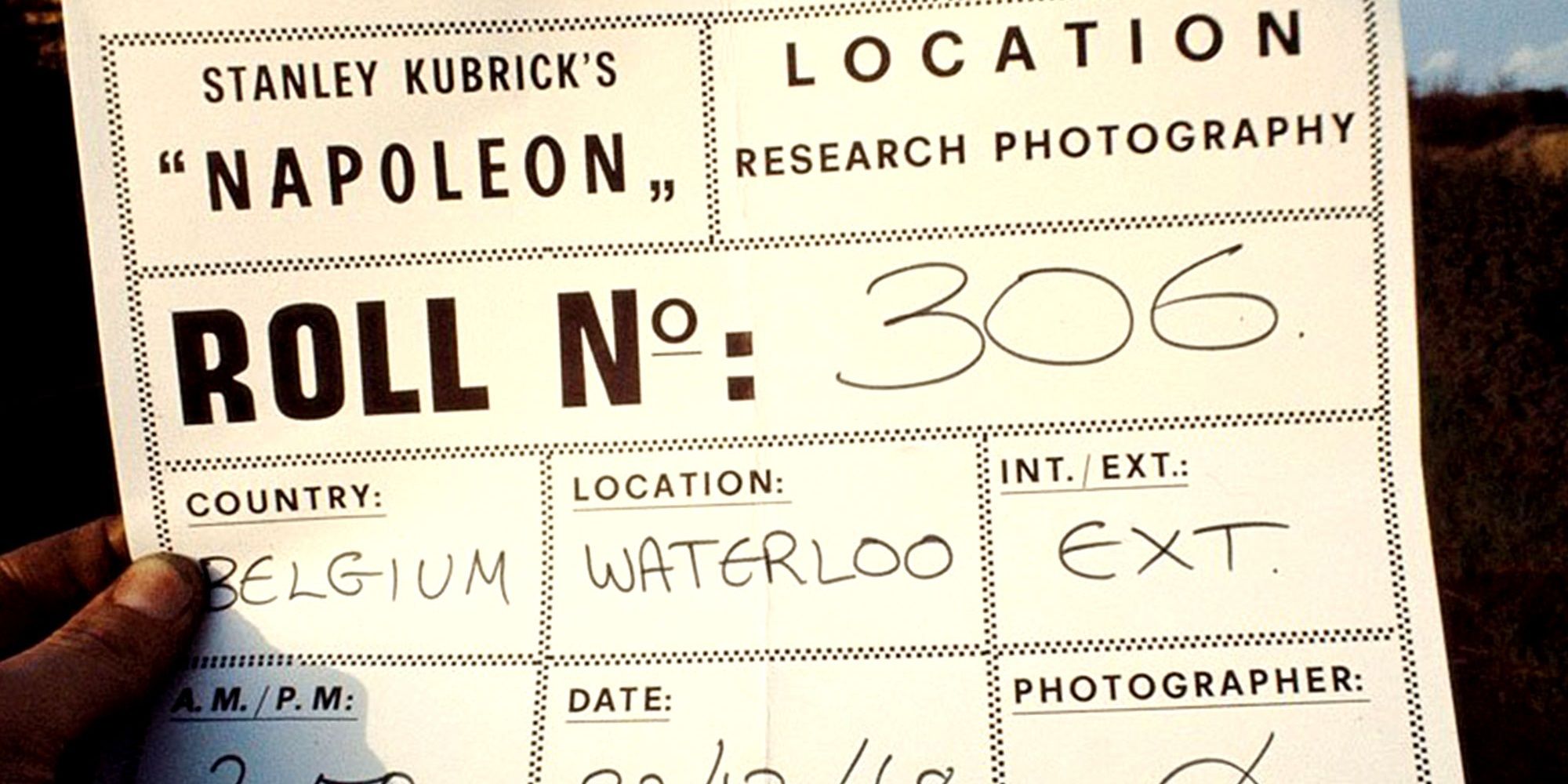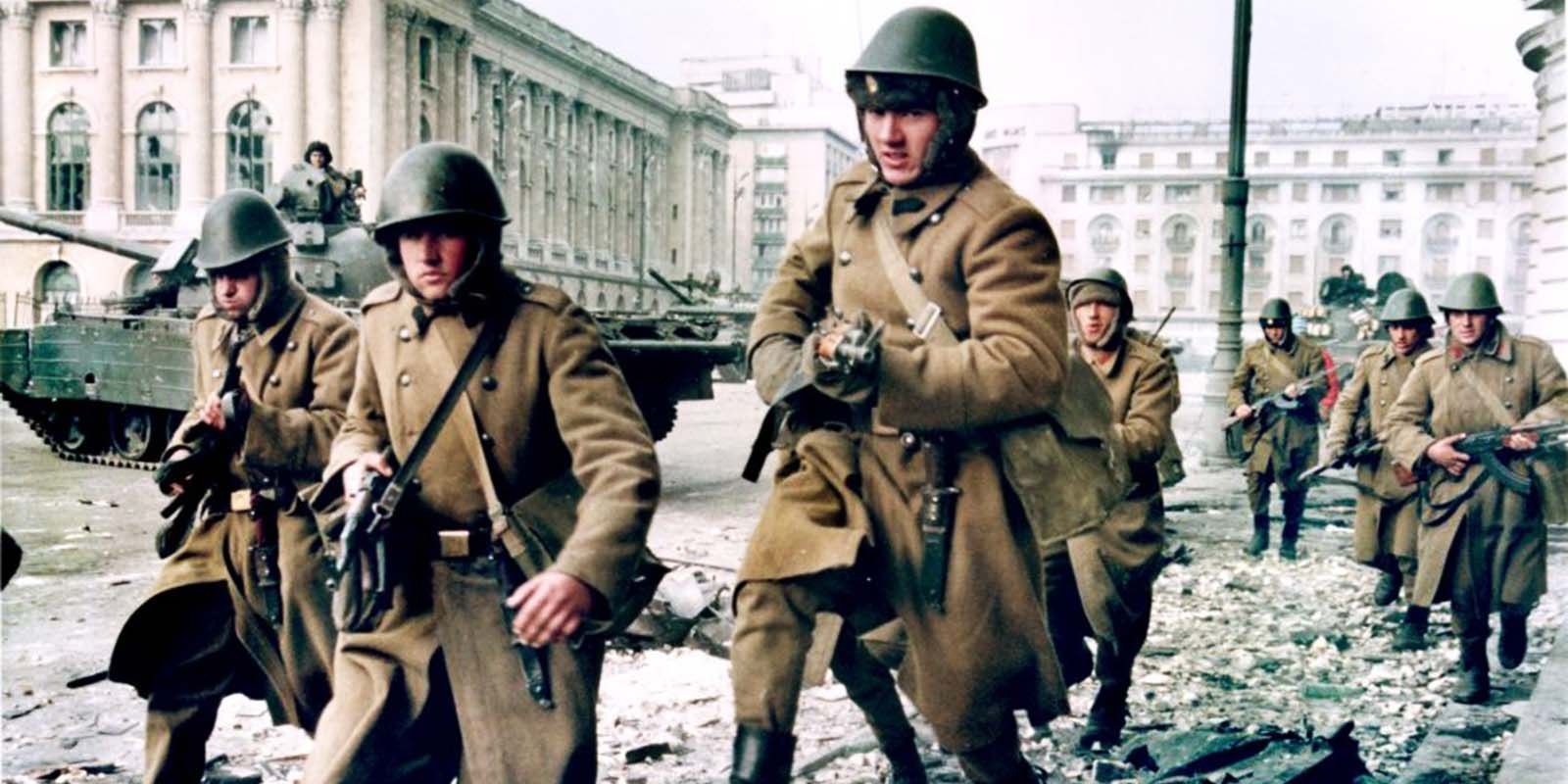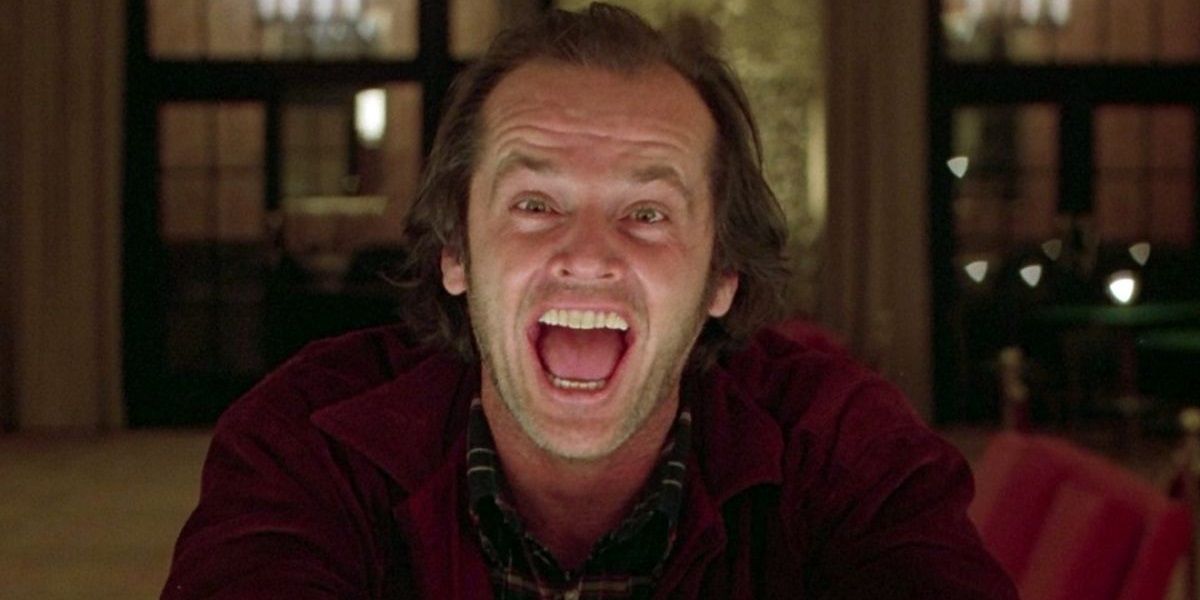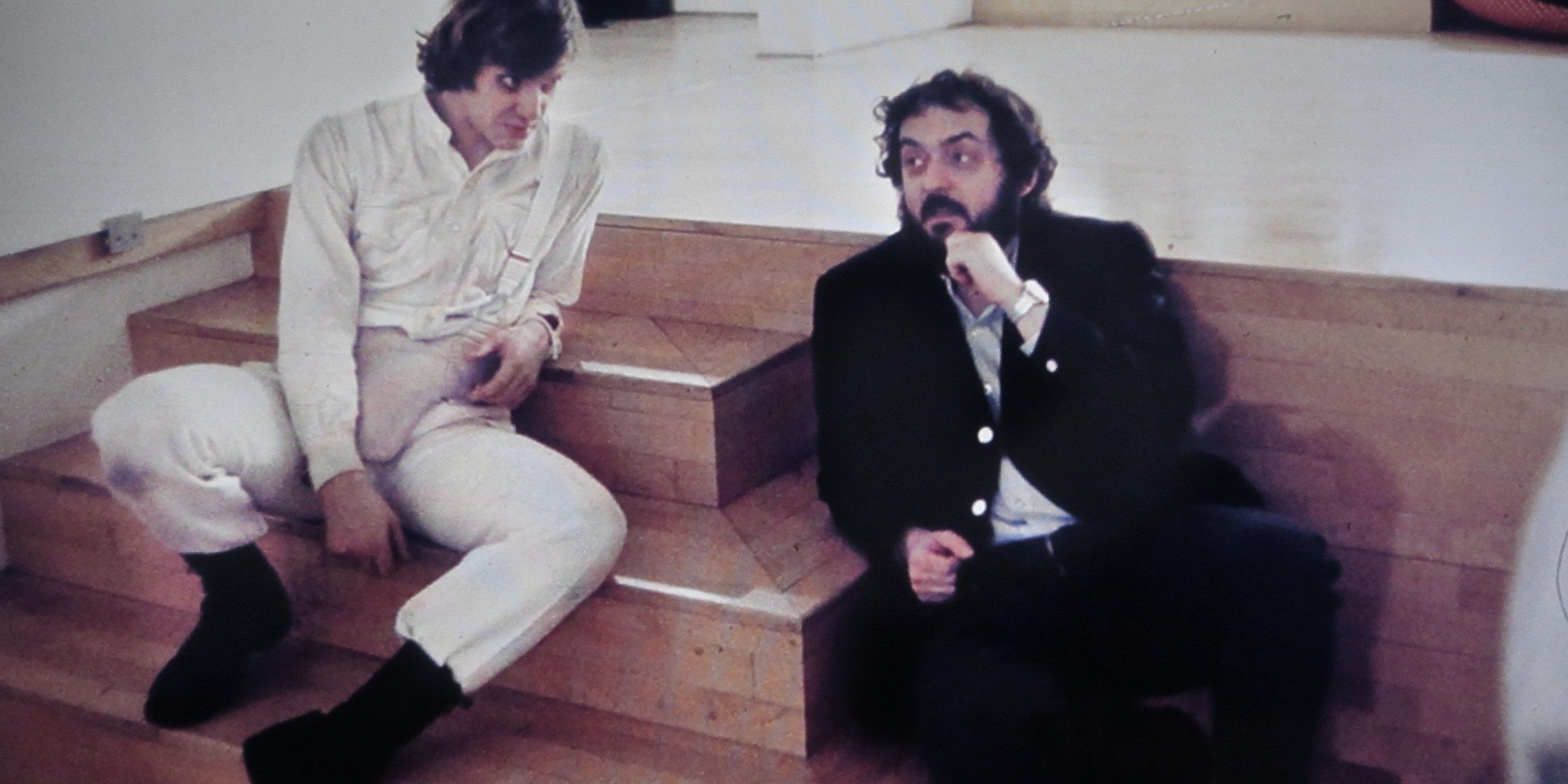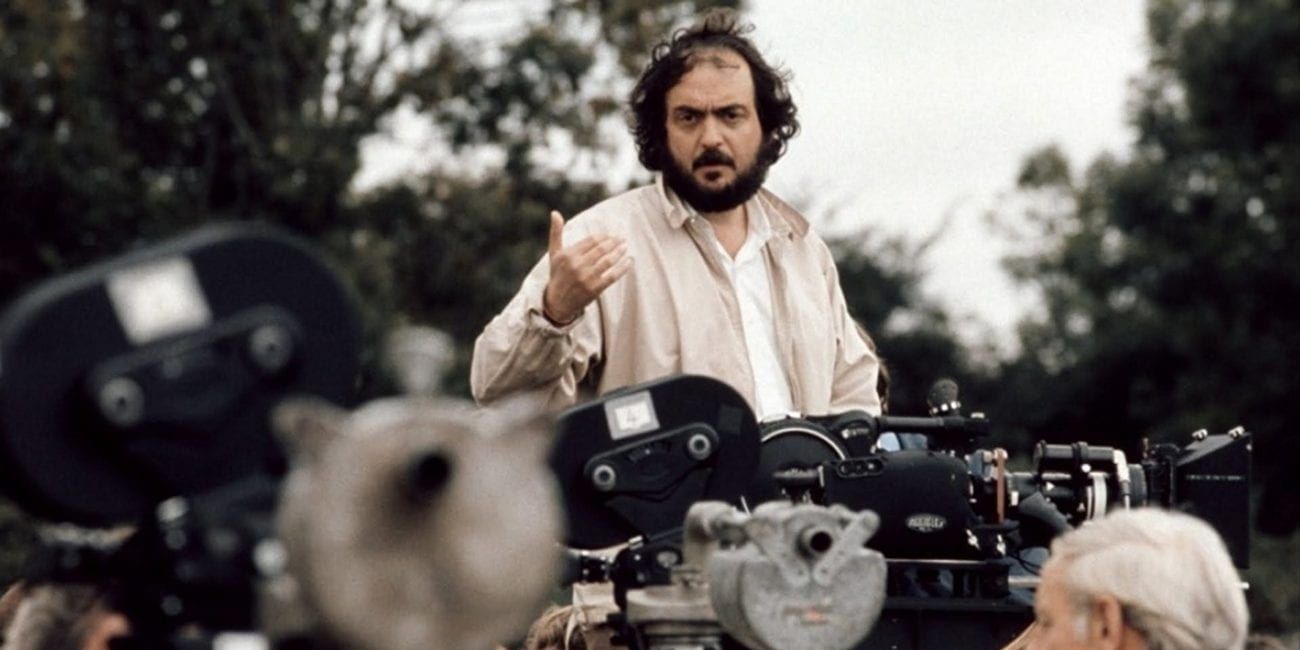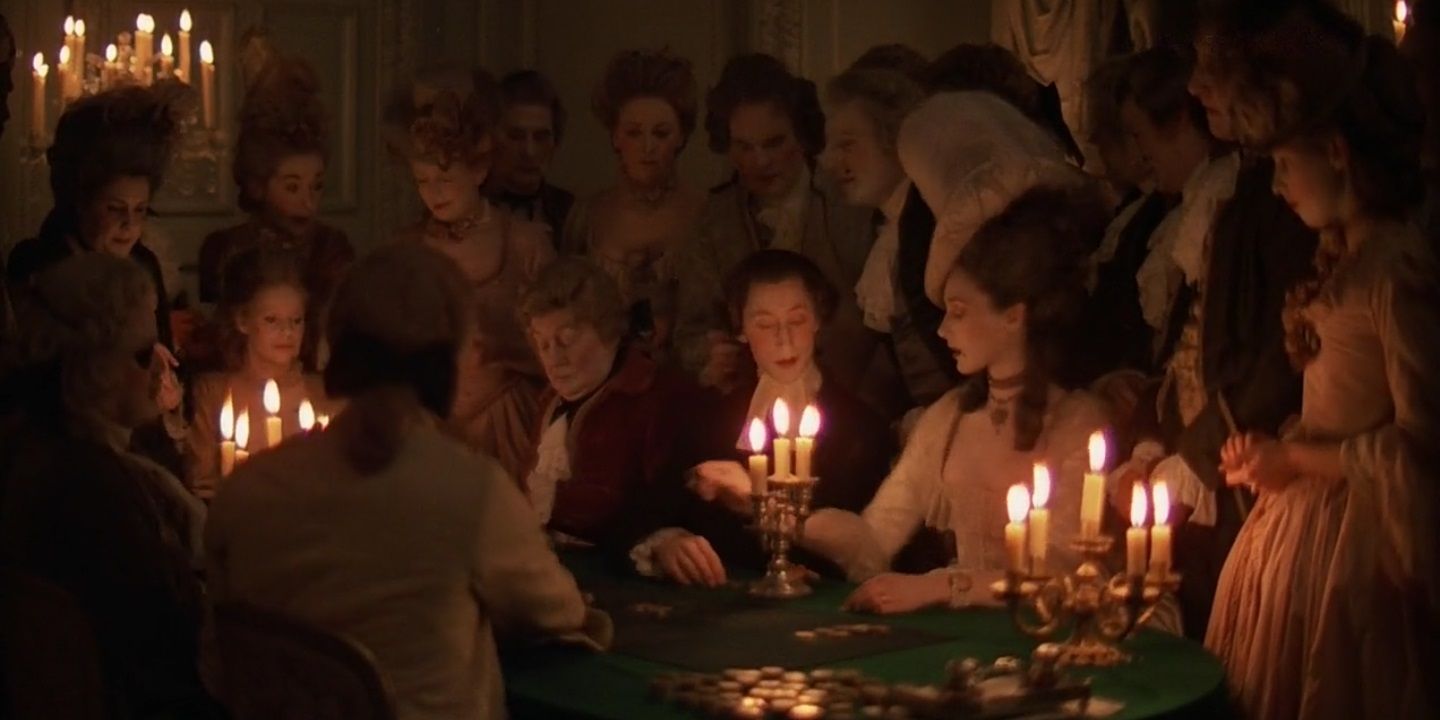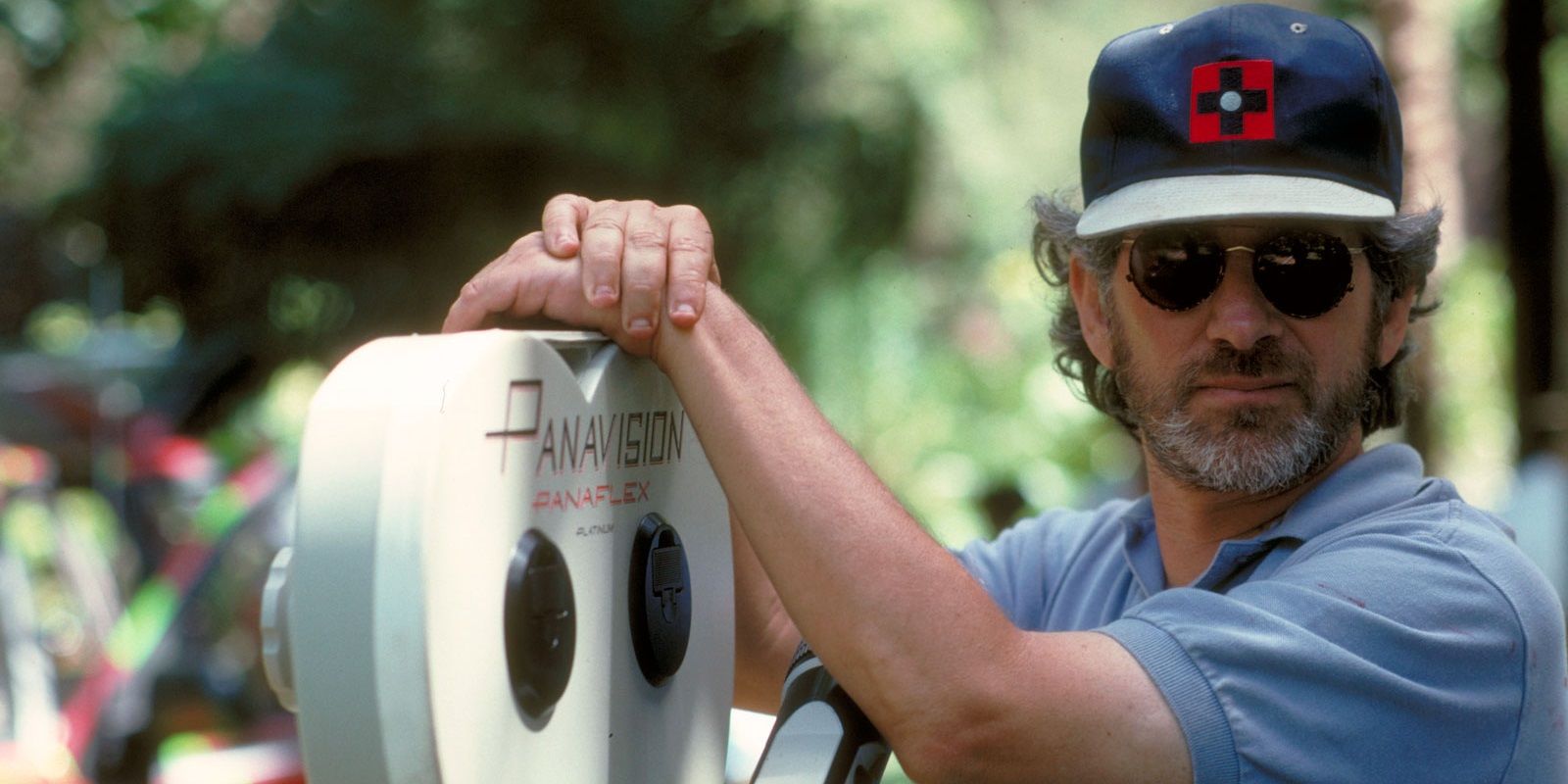Stanley Kubrick is such a prolific and revered filmmaker that the only movies of his that aren’t now remembered as timeless classics are the ones he never got to make. From his harrowing Holocaust epic Aryan Papers to his apocalyptic thriller Shadow on the Sun, Kubrick worked on a lot of film projects that could’ve been great, but never materialized.
The director’s unproduced biopic of Napoleon Bonaparte is often called “the greatest movie never made,” because its script would indicate that, if it had been made, it would’ve been Kubrick’s masterpiece. Here’s what we know about the fabled lost project.
Development Began After 2001 Became A Hit
When 2001: A Space Odyssey was on the verge of bombing at the box office, hallucinogenic drug users heard about the “Star Gate” sequence and started buying tickets just to trip through it, which made Kubrick’s sci-fi epic a financial success. It was after this success that Kubrick decided to use his newfound clout to mount a mega-scale biopic of Napoleon Bonaparte.
In anticipation of cinematizing Napoleon’s life, Kubrick watched as many movies about Napoleon as he could, including the War and Peace series and Abel Gance’s Napoléon, but he didn’t enjoy either.
Kubrick And His Assistants Meticulously Catalogued Napoleon’s Life
Fascinated by Napoleon’s life, Kubrick picked up as many books as he could about the French emperor to research what would become the eventual screenplay.
When Kubrick began writing the script (which is now available online), he and a team of assistants put together a meticulously crafted card catalog of everything that Napoleon and his inner circle did while he was in power.
The Movie Was To Be Shot In UK Studios And On Location In France
Kubrick’s development of Napoleon went as far as scouting for locations. Kubrick wanted to shoot the movie mostly in France, which is hardly surprising for a movie about a French military leader who took part in the French Revolution and the French Revolutionary Wars, and held the title of Emperor of the French.
Some of the movie, for practical reasons, was also going to be shot on studios in the UK. Kubrick had just shot the majority of 2001 on studio lots in England and was eager to do the same with his next big-budget undertaking.
The Romanian People’s Army Pledged Thousands Of Soldiers To The Production
While the majority of Napoleon was intended to be shot in France and the UK, Kubrick planned to shoot the large-scale battle sequences in Romania.
In fact, he’d even contacted the Romanian People’s Army, whose senior officers wanted to support the production by providing 40,000 soldiers and 10,000 cavalrymen to appear as extras in the battle scenes.
Jack Nicholson Was Set To Play Napoleon
According to Kubrick’s brother-in-law Jan Harlan, Napoleon was ready to go into production with David Hemmings in the titular role, but the part later went to Jack Nicholson, who would eventually get to work with Kubrick on The Shining.
Kubrick’s top choice for the role of Josephine, Napoleon’s wife and (as such) the Empress consort of the French, was Audrey Hepburn.
Kubrick Expected Napoleon To Be “The Best Movie Ever Made”
As Kubrick developed Napoleon and it morphed into a passion project that he planned to be his masterpiece, mounting the production and turning his grandiose vision into an actual, tangible movie became more of a challenge.
According to notes that Kubrick sent to his financiers, which can be found in the book The Kubrick Archives, he expected Napoleon to be “the best movie ever made.”
The Project Was Canceled For A Few Reasons
There are a few reasons why Kubrick eventually decided to scrap Napoleon, but the main reason is that shooting on location proved to be too expensive.
Plus, the release of Sergei Bondarchuk’s film adaptation of Tolstoy’s War and Peace and the box office failure of Bondarchuk’s Napoleon-centric movie Waterloo in 1970 hammered the final nails into the coffin.
A Lot Of Kubrick’s Napoleon Research Went On To Influence Barry Lyndon
Kubrick’s extensive research on Napoleon Bonaparte and his surrounding historical context wasn’t a total waste, because the director was able to use a lot of it in crafting the story of Barry Lyndon. That movie ends in 1789, just over a decade before the beginning of the Napoleonic Wars.
While it’s not as famous as The Shining or Full Metal Jacket, Barry Lyndon is one of Kubrick’s finest works. The movie’s groundbreaking use of natural lighting makes it one of the few movies where every frame actually does look like a painting.
The Script Could Still Find Life
Hollywood doesn’t tend to let something minor like a death get in the way of potential profit. In the years since Kubrick’s death, his Napoleon script has continued to be passed around Tinseltown. In 2013, Steven Spielberg teamed up with Kubrick’s family to adapt the script into a TV miniseries. In 2016, HBO greenlit the project and tapped Cary Joji Fukunaga to direct. However, there have since been no developments on the miniseries.
In 2018, a French actor and opera singer named David Serero adapted Kubrick’s script for the stage in New York and starred as Napoleon.

